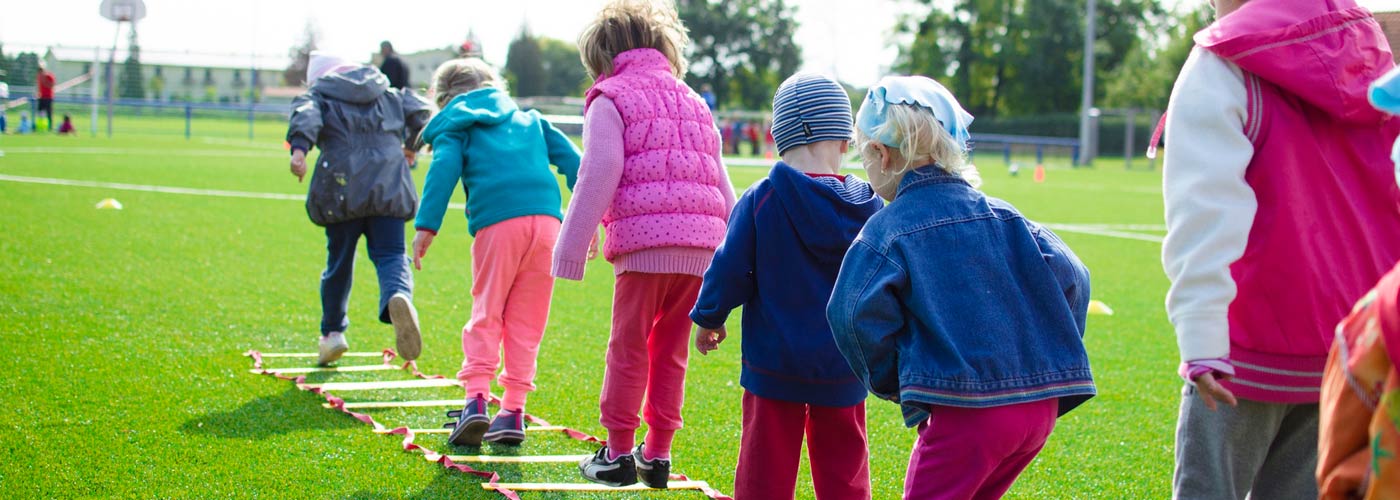
Head Start
 The Self Help Head Start Philosophy
The Self Help Head Start Philosophy
Head Start began in 1965 as an innovative way to serve children of families utilizing parent and community involvement, which has made it one of the most successful pre-school programs in the country. It is based on the belief that all children share certain core needs and can benefit from a comprehensive, interdisciplinary development program to meet those needs. Because the family is the principal influence on the child’s development, their families and communities must be involved in the program.
The overall goal of Head Start, which is now administered by the Administration for Children and Families, is to develop greater social competence in children. “Social competence” is a child’s everyday effectiveness at handling both the present environment and later responsibilities – in school and in life. Social competence takes into account how related cognitive and intellectual development are, as well as physical and mental health, nutritional needs, and other factors. To achieve social competence, Self Help’s Head Start objectives and performance standards provide for:
- Improving the child’s health and physical abilities, including steps to correct physical and mental health issues and to enhance every child’s access to an adequate diet.
- Improving the family’s attitude toward future health care and physical abilities.
- Encouraging self-confidence, spontaneity, curiosity and self-discipline that will support the child’s social and emotional health.
- Enhancing the child’s mental processes and skills, with particular attention to conceptual and communication skills.
- Establishing patterns and expectations for success that the child will learn to create a climate of confidence for current and future learning and overall development.
- Enhancing the child’s and family’s ability to relate to one another and to others.
- Developing a sense of dignity and self-worth within the child and his/her family.
More Head Start Resources:
This website is supported by Grant Number [01CH011830] from the Office of Head Start within the Administration for Children and Families, a division of the U.S. Department of Health and Human Services. Neither the Administration for Children and Families nor any of its components operate, control, are responsible for, or necessarily endorse this website (including, without limitation, its content, technical infrastructure, and policies, and any services or tools provided). The opinions, findings, conclusions, and recommendations expressed are those of Self Help Inc. and do not necessarily reflect the views of the Administration for Children and Families and the Office of Head Start